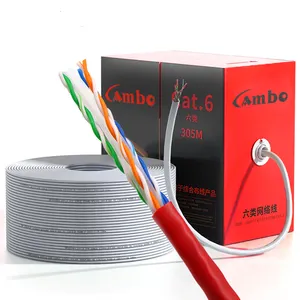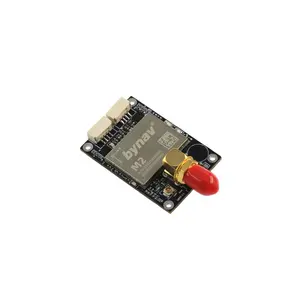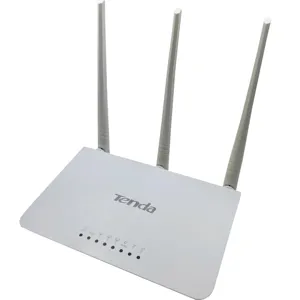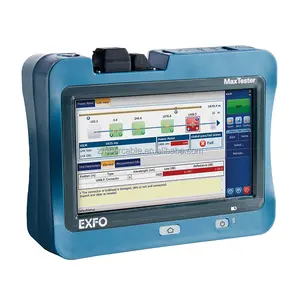Popular in your industry














































































































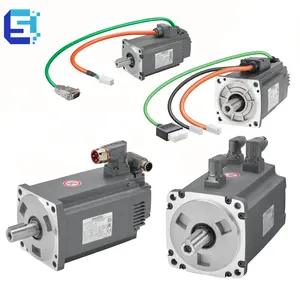

































































Top categories
About buy encoder
Understanding Encoders: A Comprehensive Guide
Encoders are pivotal components in modern digital systems, serving as the bridge between mechanical motion and electronic signals. They come in various forms, each designed to cater to specific applications and systems. This guide delves into the intricacies of encoders, helping buyers make informed decisions when they buy encoder units for their projects.
Types of Encoders
There are two primary types of encoders: absolute and incremental. Absolute encoder buy decisions are typically based on the need for precise position information, as they provide unique position values from the moment they power on. On the other hand, those looking to buy rotary encoder units often opt for incremental types, which offer relative position information and require less complex electronics.
Applications of Encoders
Encoders are integral in various applications, from industrial machinery to consumer electronics. Linear encoders excel in applications requiring precise measurements of distance, such as in inkjet printers and machining tools. For those involved in data streaming or video broadcasting, selecting an optical encoder buy can be crucial for maintaining signal integrity in HD, HDMI, IP, and IPTV systems.
Features and Materials
The construction and features of encoders vary widely. Optical encoders, for instance, use light to detect positional changes, making them highly accurate and suitable for environments where precision is paramount. The materials used in encoders, such as glass or metal disks, also play a significant role in their performance and durability.
Advantages of Different Encoder Systems
Each encoder system offers unique advantages. Absolute encoders provide specific positional data, which is essential for applications where the exact location must be known at all times. Incremental encoders are valued for their simplicity and cost-effectiveness in systems where relative position is sufficient.
When integrating encoders into a digital system, it is essential to consider the specific needs of the project. Whether it's for a responsive system requiring rapid changes or a stable system that maintains consistent operations, the right encoder can significantly enhance performance and reliability.
Conclusion
Encoders play a critical role in the translation of mechanical movement into electronic signals, enabling the functionality of countless devices and systems. When planning to buy encoder components, it is crucial to understand the type, application, and advantages of the encoder to ensure it aligns with the system's requirements. By considering these factors, buyers can select the most appropriate encoder for their needs without the influence of brand bias or promotional content.

